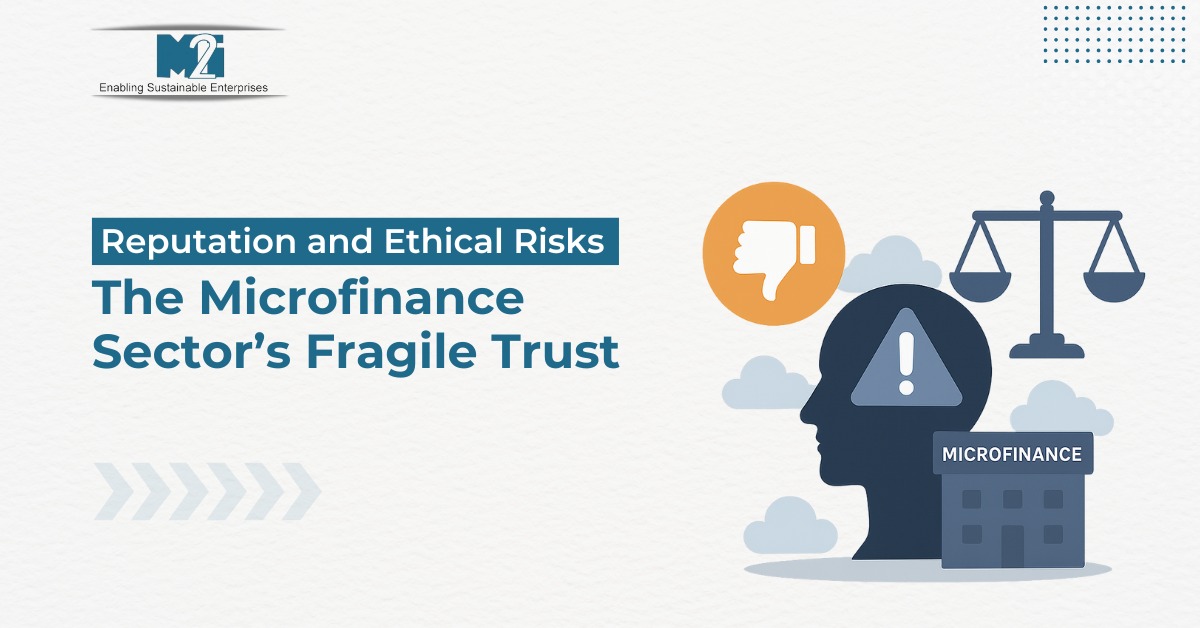
Reputation and Ethical Risks: The Microfinance Sector’s Fragile Trust
Microfinance institutions (MFIs) were founded on the promise of empowerment through credit—but when ethical boundaries are crossed, that promise quickly turns into peril. Cases of predatory lending, aggressive recovery tactics, and opaque interest rates have repeatedly tarnished the sector’s image, undermining decades of work on financial inclusion.
When borrowers—already vulnerable—are trapped in debt cycles or pushed further into poverty, the social cost is immense. It’s not just about one bad loan—it’s about livelihoods, dignity, and public trust. The public backlash against high interest rates and coercive practices is not new, and history shows that when the sector ignores its ethical compass, it faces both reputational damage and regulatory crackdowns.
The RBI’s recent actions against several NBFC-MFIs serve as a strong warning. Institutions must remember that fair lending isn't just good practice—it’s survival strategy. Ethical lapses, even if isolated, can trigger systemic mistrust and heavy-handed regulation, threatening the sector’s long-term sustainability.
The microfinance industry must prioritize transparency, client protection, and responsible collection practices—not as an afterthought, but as a core business principle. Because in microfinance, reputation is currency, and once lost, it’s hard to earn back.